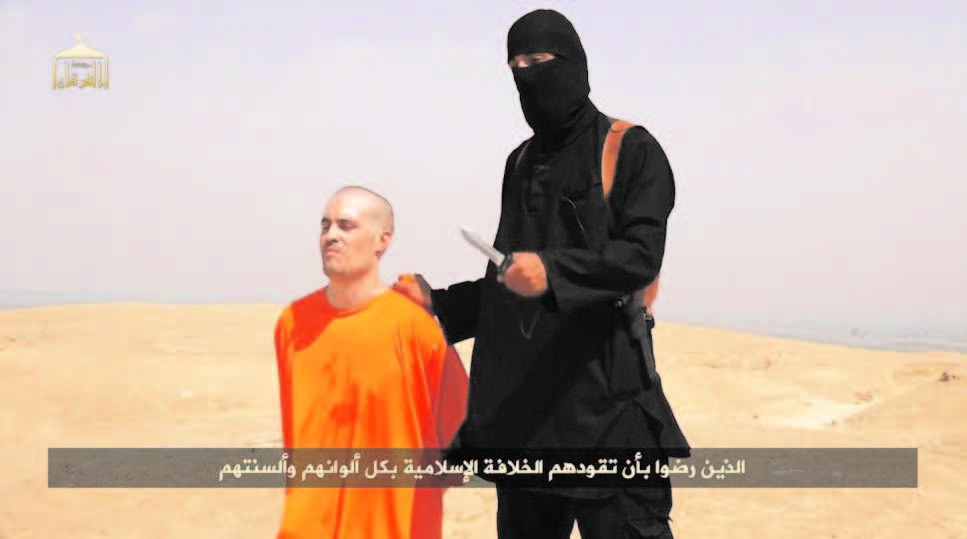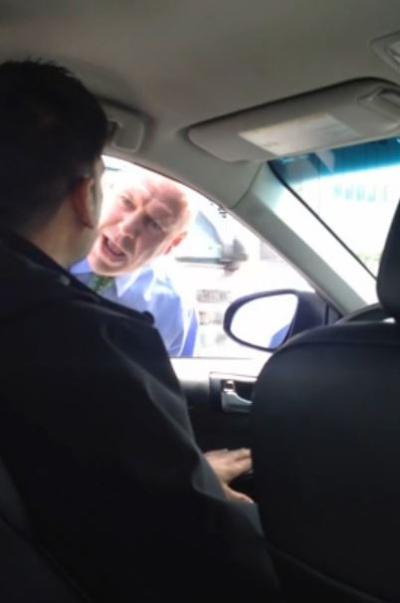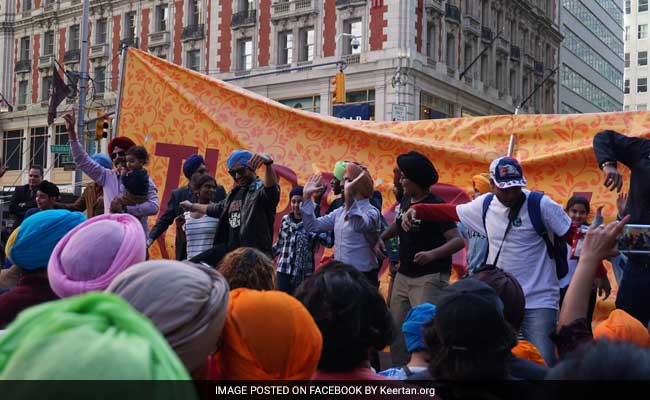
LONDON (TIP): One if the world’s most wanted terrorist, code named “Jihadi John”, has been identified as a British national, a resident of west London. The masked ISIS killer, who has featured in several beheading videos of Western hostages, is Mohammed Emwazi.
A Washington Post report citing friends, a leading think tank researching foreign jihadists and a British security official quoted by the New York Times identified Emwazi as being the executioner. The Guardian and the BBC in Britain also named him without citing sources. The International Centre for the Study of Radicalisation at King’s College in London said it believed the identity “to be accurate and correct”. But London’s Metropolitan Police dismissed the reports as “speculation” and said it was “not going to confirm his identity”.
In his mid-20s, Emwazi is of Kuwaiti decent, and is believed to have been known to the British security services. He was a student of computer programming at the University of Westminster and was revealed to have been a regular at a mosque in Greenwich. The university confirmed that Emwazi had left six years ago, adding, “If these allegations are true, we are shocked and sickened.”
He first appeared in a video in August 2014 when he beheaded American journalist James Foley. He was later thought to have played a major role in the beheadings of US journalist Steven Sotloff, British aid worker David Haines, British taxi driver Alan Henning and American aid worker Abdul-Rahman Kassig. He also appeared in a video with the Japanese hostages Haruna Yukawa and Kenji Goto, shortly before they were killed.
In the videos posted online, he appears dressed all in black with only his eyes exposed, and wields a knife while launching tirades against the West.
UK had earlier claimed that “Jihadi John” had been seriously injured in an air strike by US. He is named after Beatle John Lennon due to his British background.
PM David Cameron had earlier said that he is keen to get his hands on “Jihadi John”. He said he wants “Jihadi John” alive, to “face justice for his crimes rather than be killed.”
The Post quoted friends of Emwazi as saying they thought he had started to become radicalized after a planned safari in Tanzania following his graduation. They said Emwazi and two friends — a German convert to Islam named Omar and another man, Abu Talib — never made it to the safari.
On landing in Dar es Salaam, in May 2009, they were detained by police and held overnight before eventually being deported, they said.





Be the first to comment